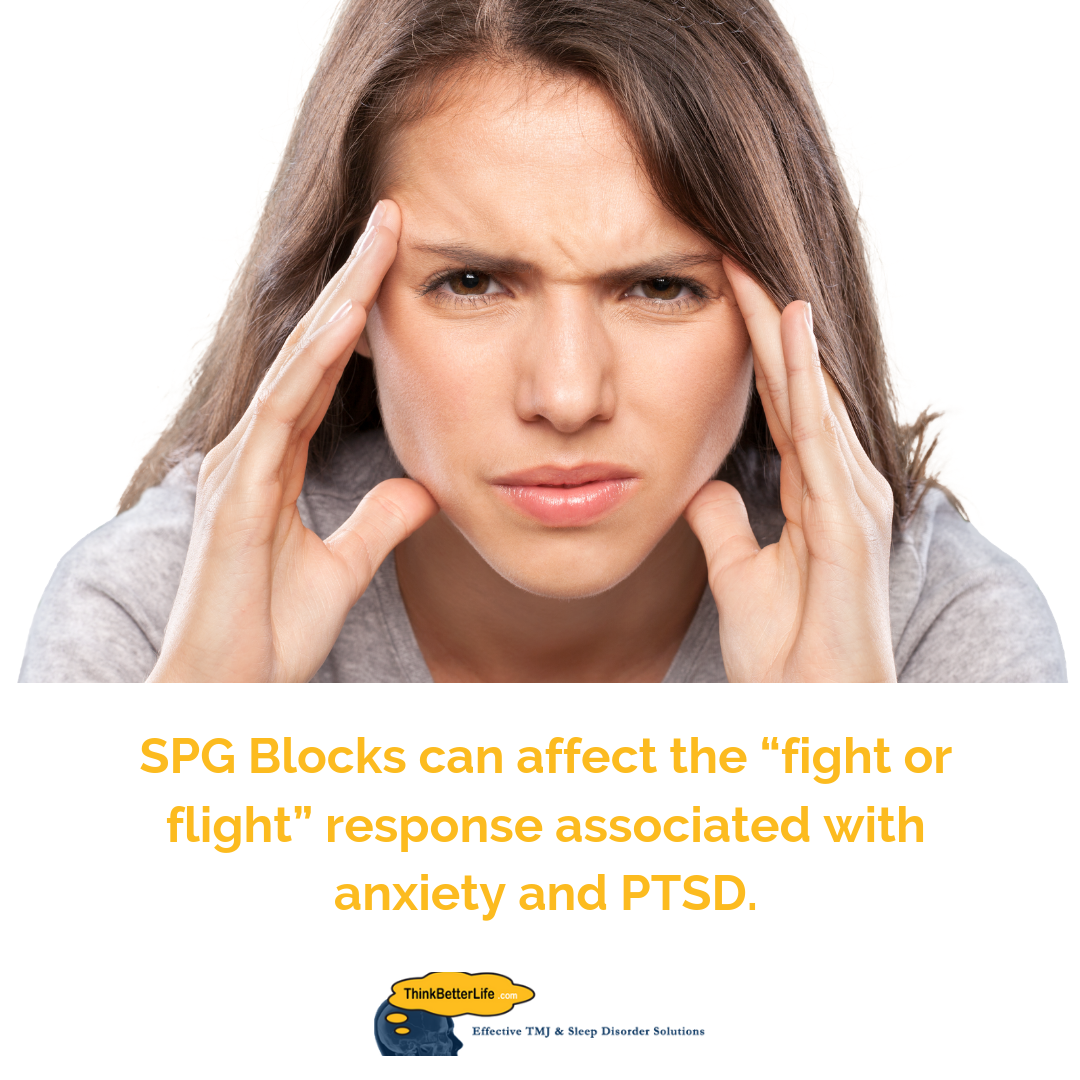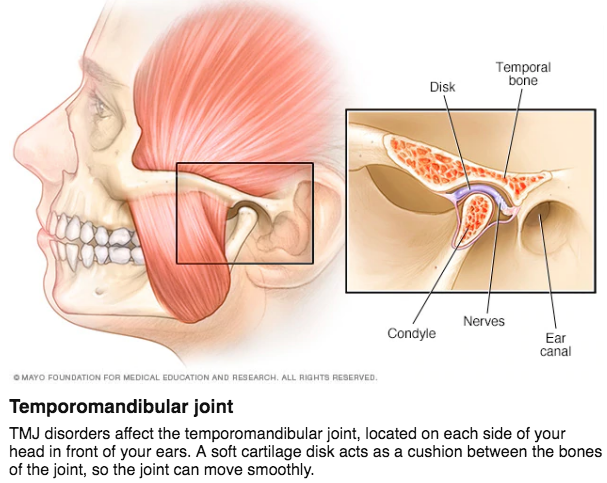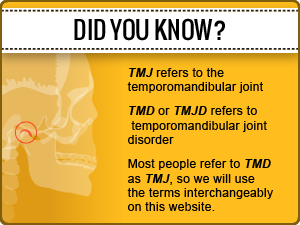SPG Blocks—also known as Sphenopalatine Ganglion blocks—have many uses when it comes to treating patients for a variety of disorders. While the procedure is most commonly used for pain management, it is also becoming a popular treatment for those suffering from anxiety and PTSD.
 What is a Sphenopalatine Ganglion Block?
What is a Sphenopalatine Ganglion Block?
Before discussing the SPG Blocks and how they work, it’s important to know the sphenopalatine ganglion (SPG) is a specific group of nerve cells that is located behind the nose. This grouping of nerves plays a role in autonomic functions—such as nasal congestion and tearing up in the eyes— and is also the main nerve bundle that is involved in headaches.
The use of SPG Blocks dates back nearly a hundred years, and there are varying methods of administration.
- Injection Therapy: The most direct approach often used by ENT’s and dentists. There are a variety of injection therapies available, including intra-orally, the Suprazygomatic injection, and fluoroscopy.
- Trans-nasal Approach: This approach allows practitioners to deliver anesthetic to the nasal mucosa overlying the SPG area. These come in three forms, including the Allevio, the TX360, and the sphenocath.
- Self-Administration: Allows patients to use cotton-tipped nasal catheters to apply anesthetic to the nasal mucosa overlying the SPG area.
SPG Blocks have been shown to provide relief from a number of conditions.
Head Pain
With 39 million men, women and children in the United States suffering from migraines, it’s vital to know that treatments are available to help not only relieve the pain but prevent them as well. SPG Blocks is a treatment that applies a simple numbing agent to the bundle of nerves where the pain stems from.
Lisa, a patient of Dr. Shapira’s has been using the SPG Block method to help lessen her chronic migraines and she’s feeling amazing. She reports that “she has never felt this way before”, having fewer migraines and way less anxiety.
TMJ Disorder
TMJ disorder refers to chronic pain that is rooted in your jaw joint, which can then cause pain to the surrounding areas such as headaches, shoulders, ears and your neck. Pain in these areas are often referred to as autonomic pain and originates in the SPG. SPG Blocks can help numb the area around the bundle of nerves, bringing relief to patients.

Source: Mayo Clinic
Cervical Dystonia
This condition is a painful one in which a patient’s neck muscles contract involuntarily. This causes their head to either twist or turn to a single side. It can also cause it to tilt either forward or backward. Again, pain in this area is often the result of autonomic pain that originates in the SPG and SPG Blocks can help to numb this bundle of nerves.

Source: Mayo Clinic
Using SPG Blocks as a Natural Anxiety Remedy
While SPG Blocks have been used for many years to treat painful conditions such as those mentioned earlier, they are now helping patients find relief from anxiety.
Natalia works with Dr Shapira to help administer SPG Blocks to patients. Her training involved her own trial of the procedure. She reports that within seconds of using it, she felt that “the whole room got brighter” and that her anxiety lessened significantly.
When treating patients with anxiety and PTSD, it is vital to understand that the sympathetic nerves of the Superior Sympathetic Chain pass through the SPG. This means that SPG Blocks can affect the “fight or flight” response associated with anxiety and PTSD, which can help bring a sense of calm and safety to the patient.
Mara’s experience with SPG Blocks has been great. She claims that the procedure has instantly relieved her stress and anxiety and that her “muscles all kind of melted into the floor”. Mara is certain that it is going to continue helping her with her overall healing and recommends it to anybody considering it.
Get Your Questions Answered
Sphenopalatine ganglion blocks can help treat a myriad of different conditions. Studies have shown that SPG Blocks can help with not only pain but hypertension and even anxiety and PTSD. If you are currently suffering in any of these areas, then you may want to consider SPG Blocks for yourself.
Have questions on SPG Blocks and how it could help you? Feel free to email our office with any questions, and for those ready to schedule an appointment, you can either call our office at (847)533-8313 or use our convenient online form.

